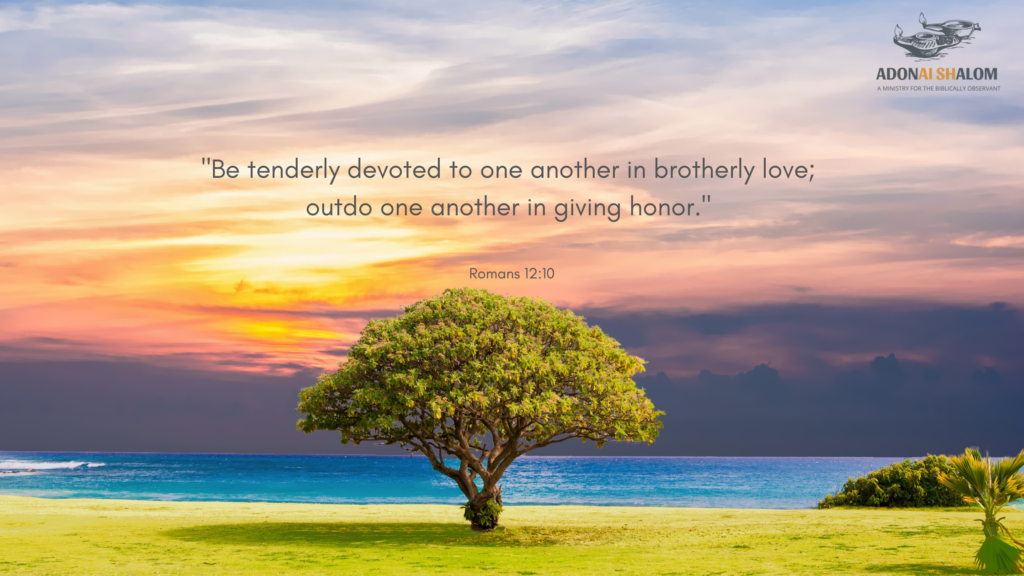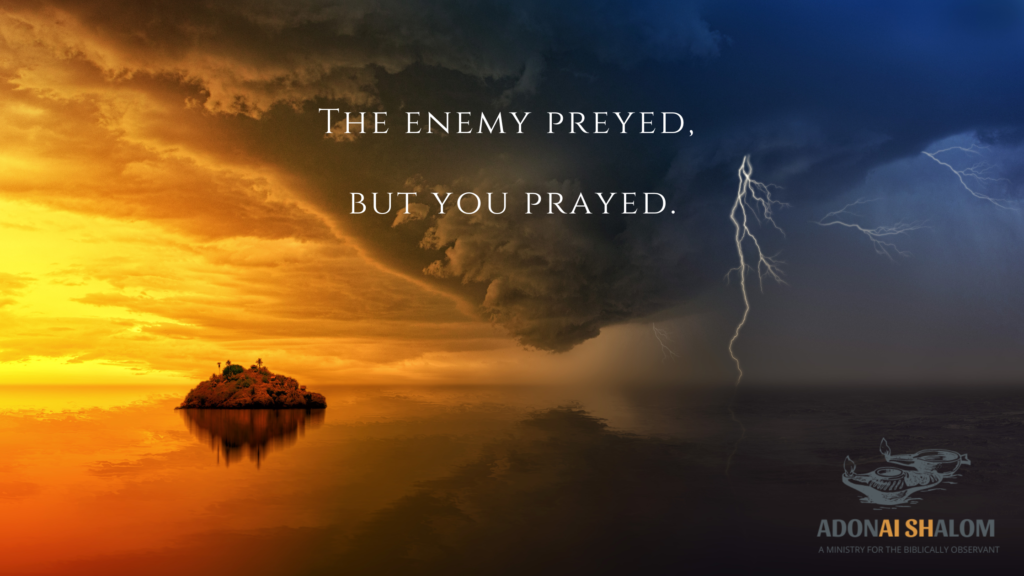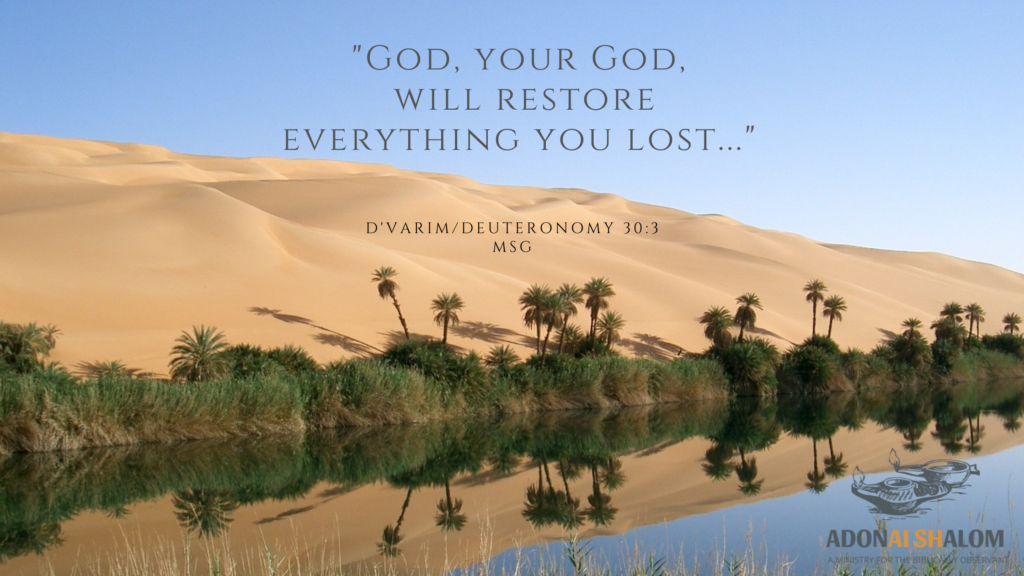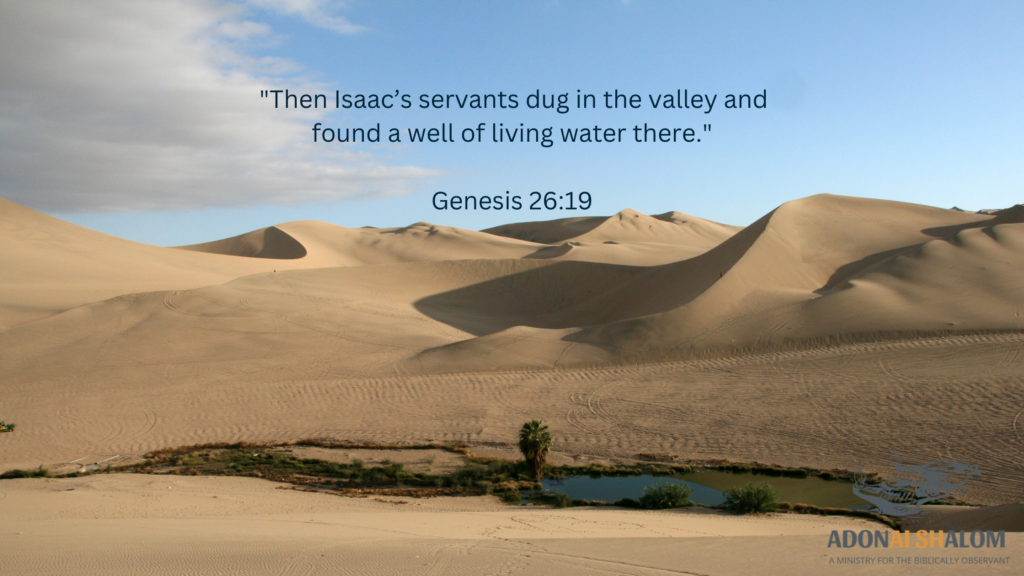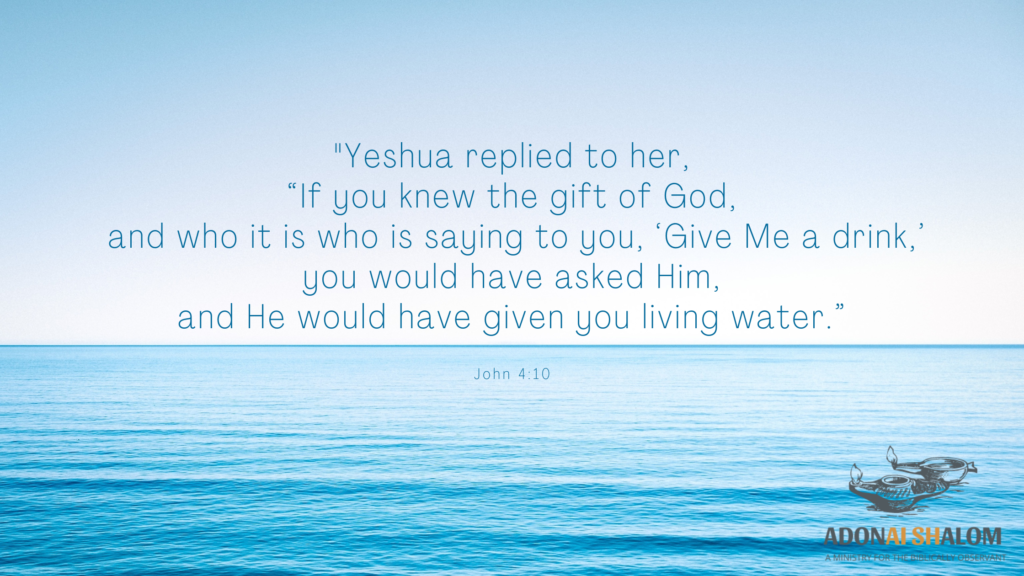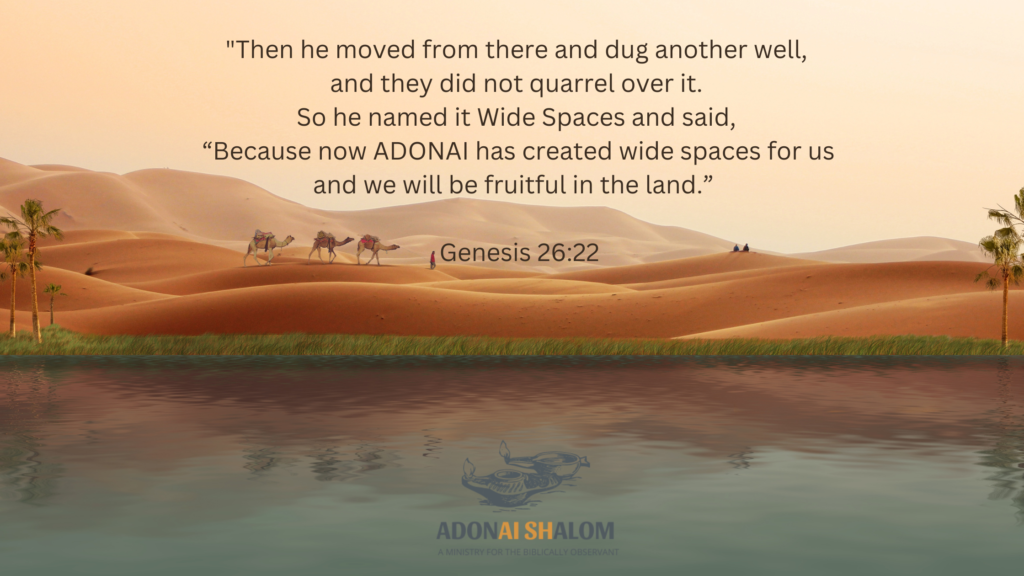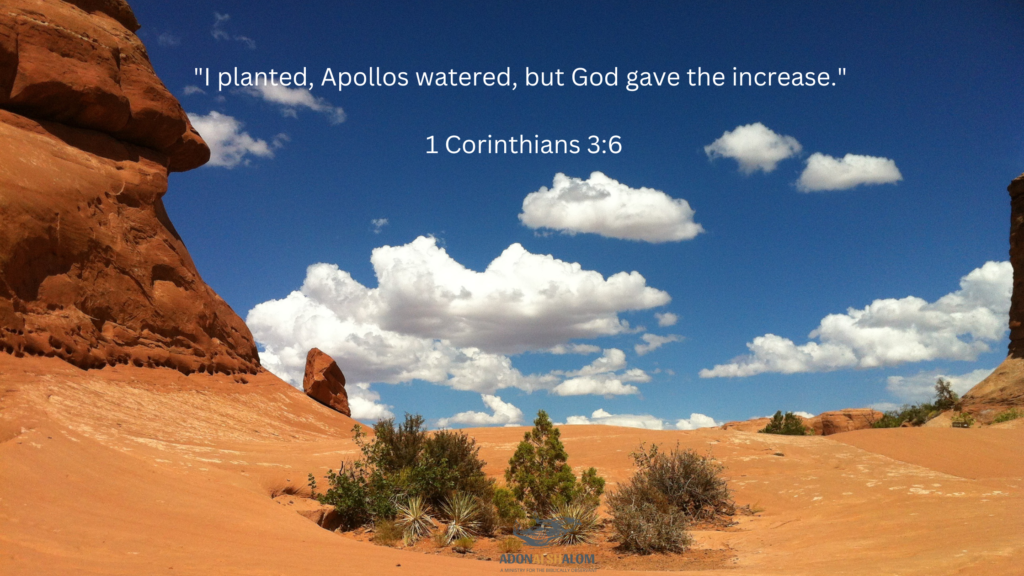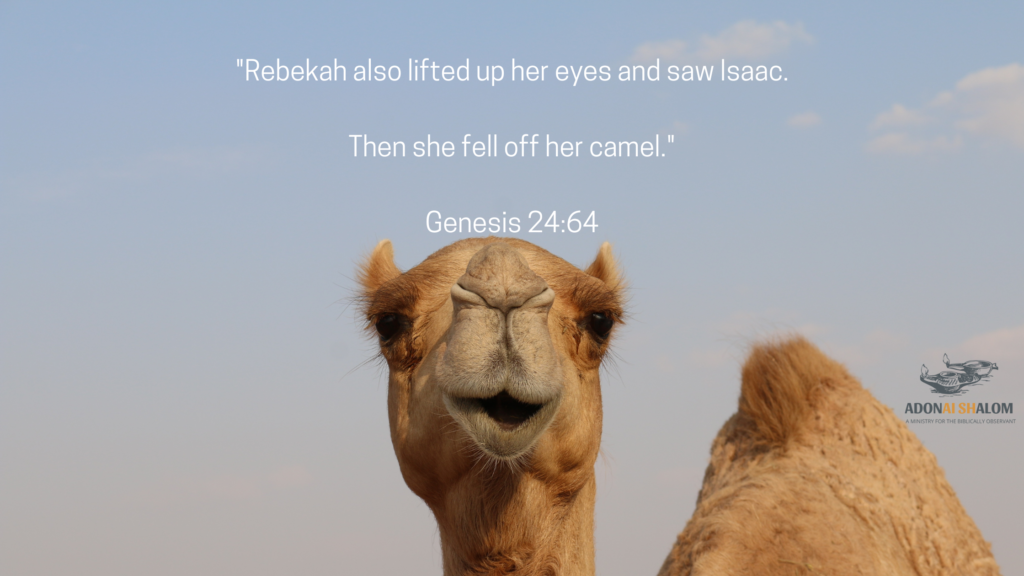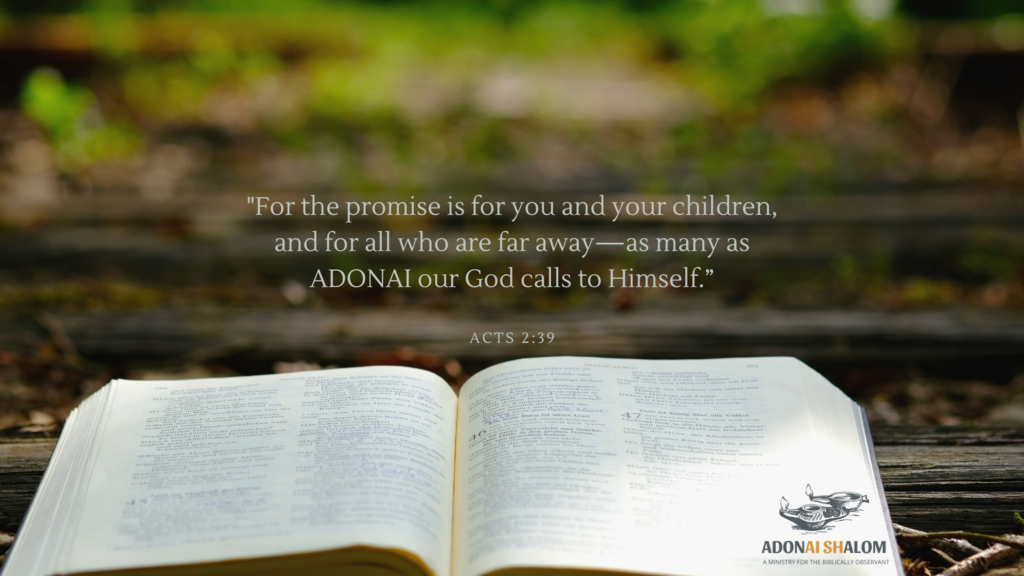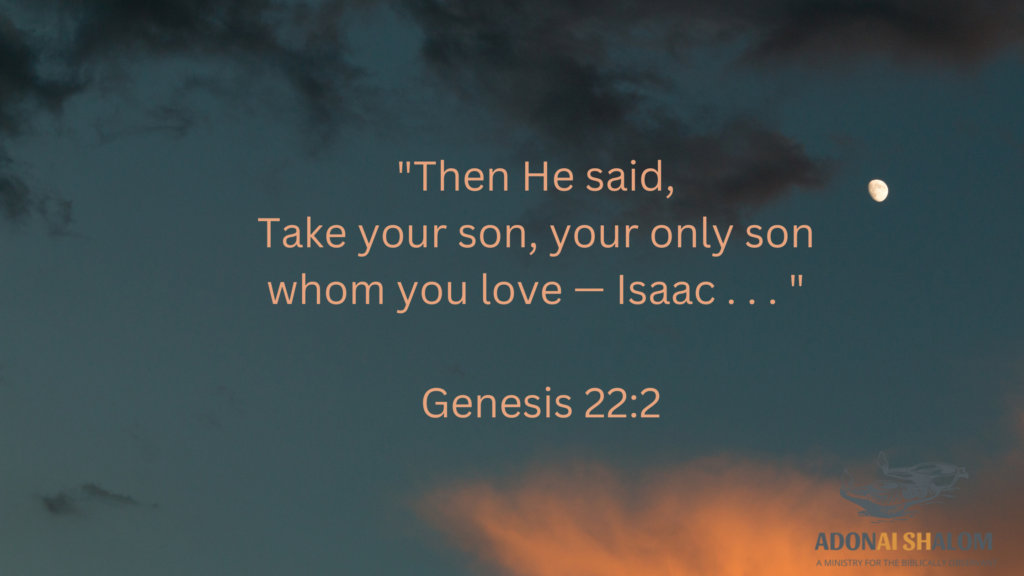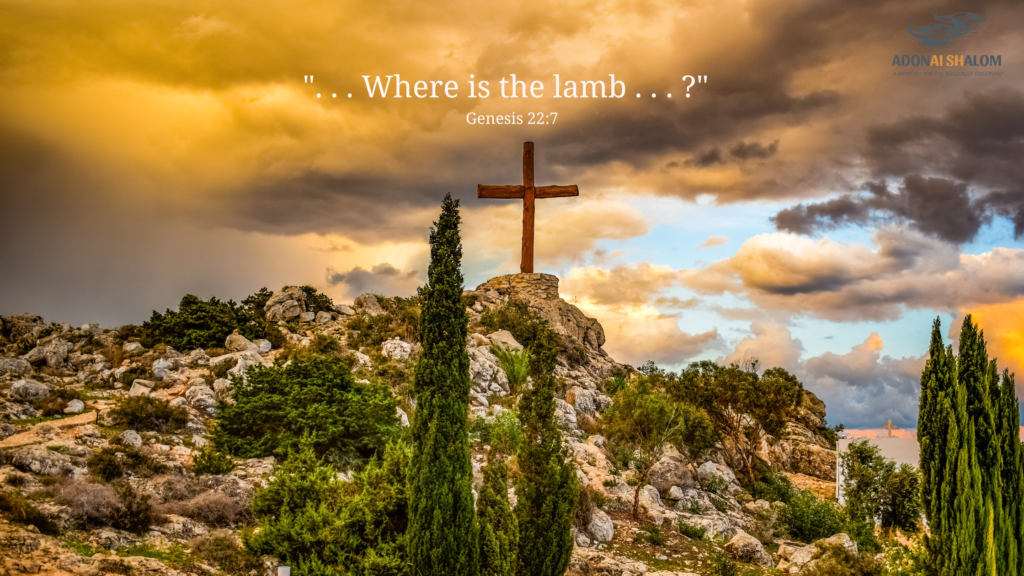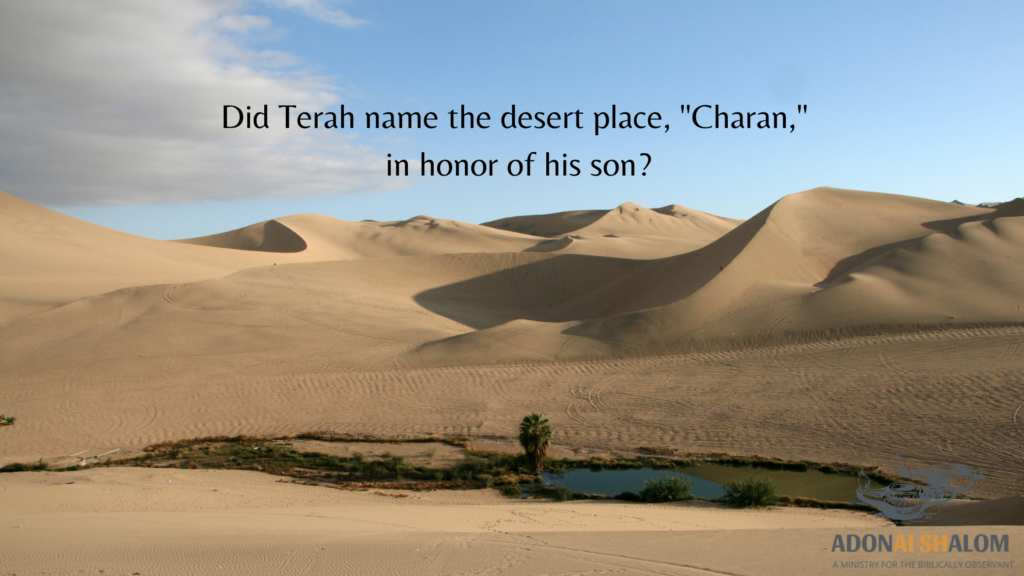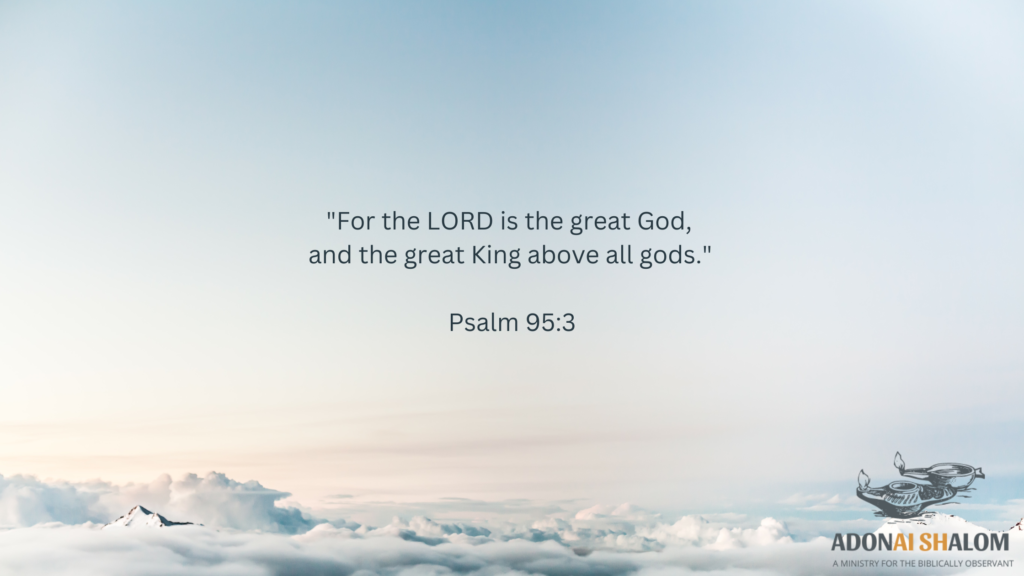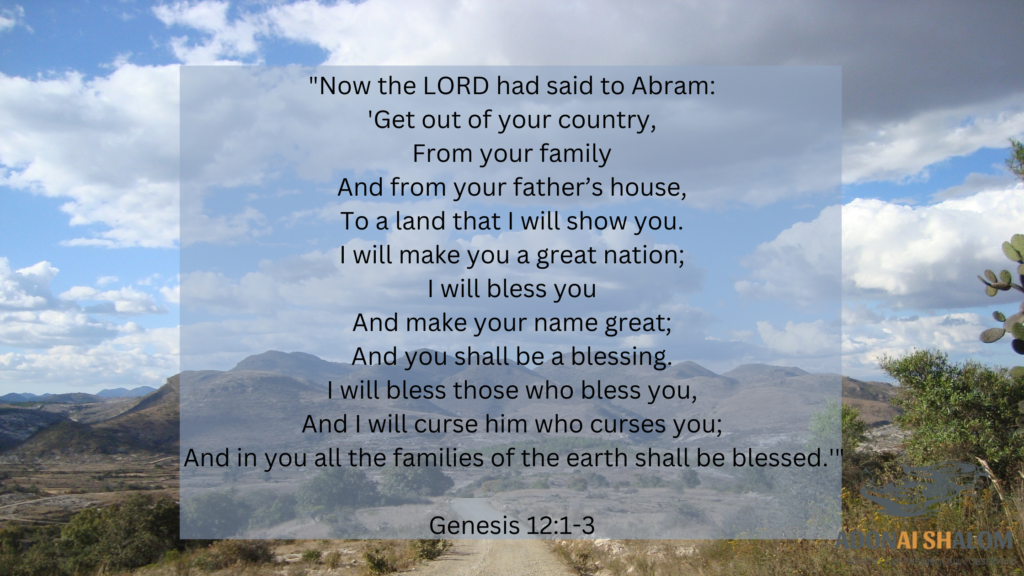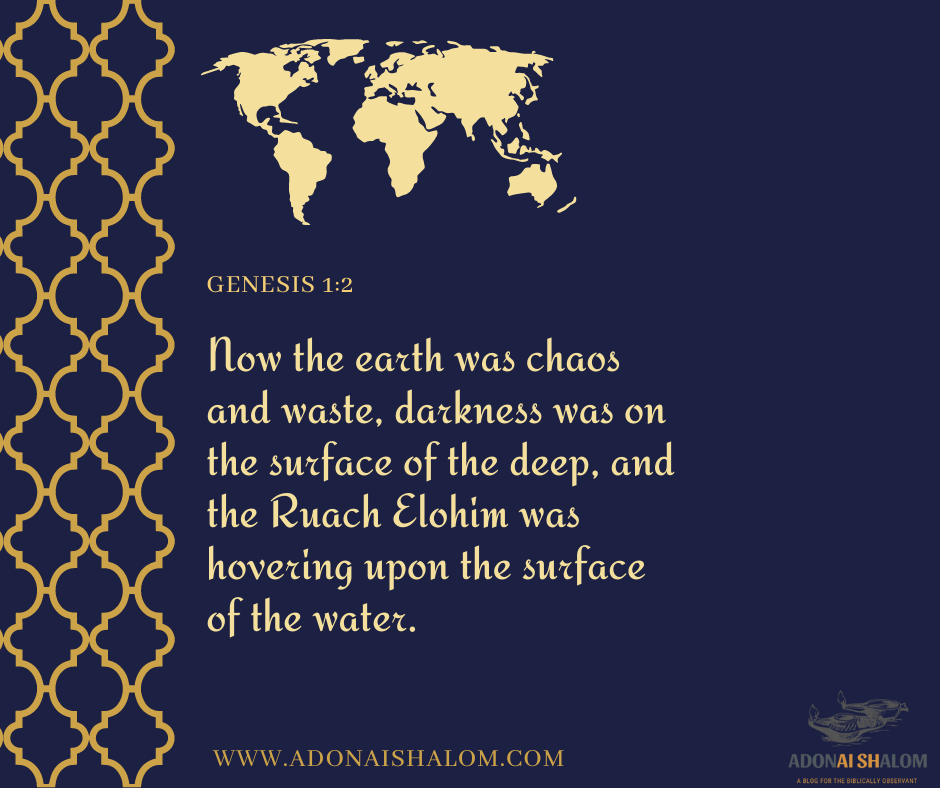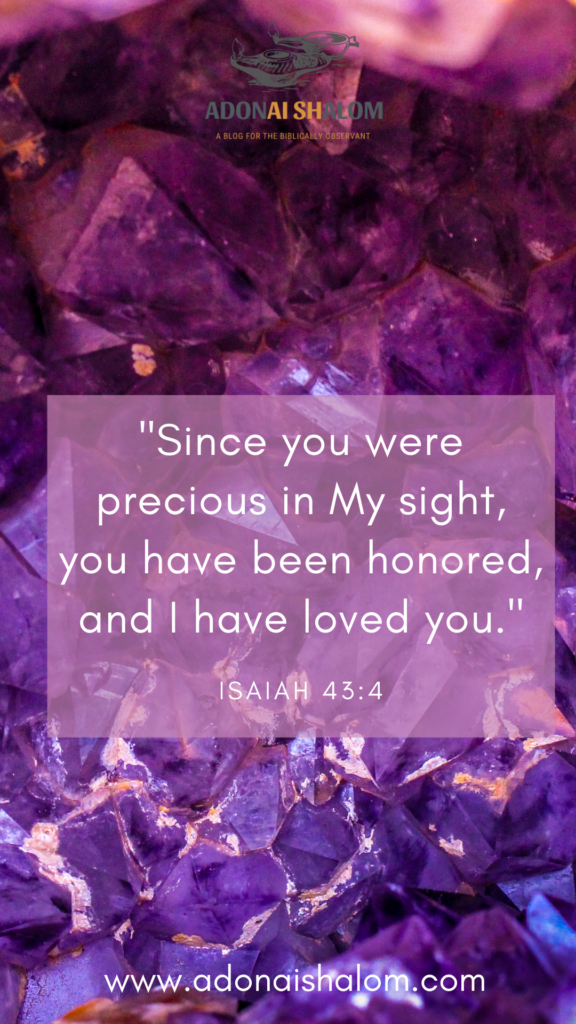Yosef (Joseph): Favor & Shalom
Parashat Vayeshev (B‘reishit/Genesis 37-40) 5783 B”H
Last week in our study of Timna & Amalek, we considered how rejection can fuel anger, bitterness, violence, and absolute hatred. These attributes exist to rob us of peace, of shalom, and we do well to learn from the Biblical examples of dysfunction and consequence to protect ourselves from falling into those same traps.
The marked divisions and dysfunction that plagued Esav (Esau) and Yaacov (Jacob)’s relationship would continue to stealthily inject the stains of sin into future generations.
Yaacov (Jacob) [now-Israel] had 12 sons, who would become the first of the tribes of Israel.
But before that would happen, many of the brothers would act as young brothers sometimes do –
selfish,
jealous,
and conniving.
Was there room for grace?
Would there be any shalom?
Could this family overcome the temptations brought on by rivalry and habitual distrust?
Yosef (Joseph) had favor, but . . . he, too, had to deal with a complicated family life
He was perceived as a tattletale
The second-to-youngest son in Yaacov’s family was Yosef (Joseph), and when he was just a 17-year-old young man, he “brought back a bad report about [his brothers] to their father” (Genesis 37:2c).
Well, no one likes a tattletale, and if he was already 17, maybe Yosef (Joseph) had been tattletaling on his older brothers ever since he could walk.
Now, I am not here to defend Yosef’s (Joseph’s) brothers.
Scripture does not tell us why Yosef (Joseph) felt he needed to give a bad report to Yaacov (Jacob)]; but given how these brothers treated Yosef (Joseph) in significant future events, it is absolutely probable that they were truly doing something terrible that was well-worth the risk of being labeled a tattler.
Indeed, Yosef (Joseph) “the informant” was well-received by his father, and
“[Yaacov] loved [Yosef] more than all his brothers . . .” (Genesis 37:4).
Yaacov made his son Yosef (Joseph) the famous long-sleeved tunic that is often called the “coat of many colors.” (Genesis 37:3).
His brothers resented him
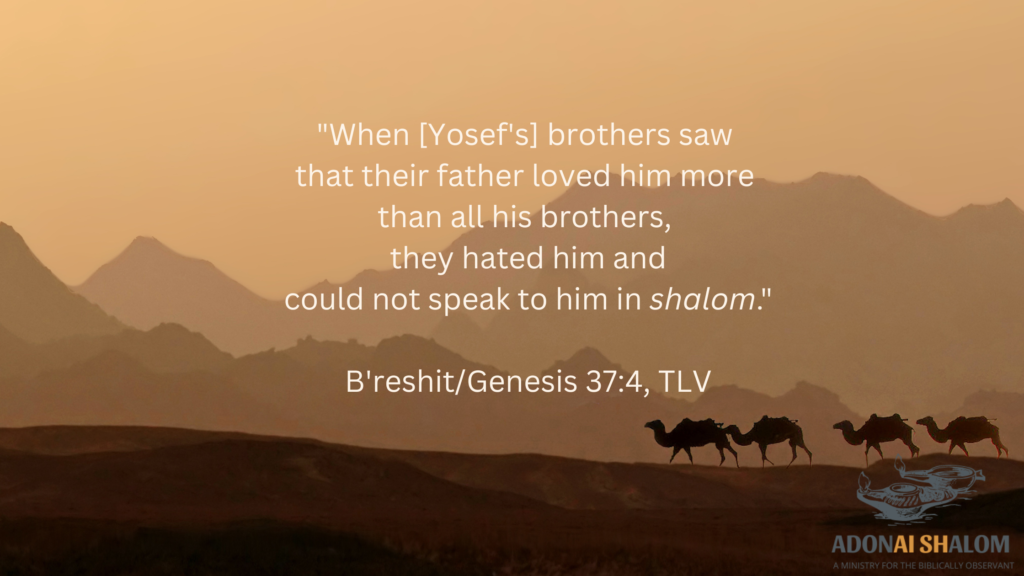
To me, this is a very appropriate translation.
But, let’s look at a few different translations of Genesis 37:4 because there is disagreement among scholars about the very best way to translate l’shalom here. (Any time you find a discrepancy between different translations, this indicates that the translators are having a difficult time expressing Hebrew idiom in modern English.).
Shalom is more than a simple “peace”
The Hebrew term, “shalom,” is usually translated quite simply as, “peace.”
But the true meaning of “shalom” has a greater depth to it.
“Shalom” refers to an all-encompassing peace, wholeness, completeness, healthfulness, and overarching prosperity.
Here is the original Hebrew:
וַיִּרְא֣וּ אֶחָ֗יו כִּֽי־אֹת֞וֹ אָהַ֤ב אֲבִיהֶם֙ מִכָּל־אֶחָ֔יו וַֽיִּשְׂנְא֖וּ אֹת֑וֹ וְלֹ֥א יָכְל֖וּ דַּבְּר֥וֹ לְשָׁלֹֽם׃, WLC, emphasis added
Translators have wanted to express the fullness of the term, so they describe it in these ways:
Each translation is basically saying the same thing, but their nuanced differences give us a clue as to the deeper meaning of “peace” that is intended by the original language.
In English, “peace” has lost a lot of its power in our culture today, but the God of the Bible wants you to experience a genuinely powerful and wholly total depth of peace – shalom – that is found only when you live under the favor of the Almighty!
Maintaining your shalom when those around you make that difficult
The term, “grace,” is commonly defined as “unmerited favor.”
Yosef (Joseph) walked in this type of favor – and to do so, he would have needed to know how to maintain his inner peace.
He faced so much adversity in life!
How did Yosef (Joseph) overcome being sold into slavery by his own brothers?! (Genesis 37:27)
He learned to walk in grace.
His brothers’ (also unmerited) evil actions toward Yosef (Joseph) helped form in him a perseverance and self-confidence that would lead him to become Egypt’s second-in-command.
Now, of course, Messiah Yeshua had not yet come to endow full-fledged grace and forgiveness and mercy, but the LORD did choose to use young Yosef (Joseph) to demonstrate and foreshadow the favor that comes when we trust in His Son.
So how can you, like Yosef (Joseph), triumph when those around you conspire for your demise, make false accusations against you, or look for ways to either literally or figuratively incarcerate you?
How can you walk in shalom?
- Know the Word of God: “Shalom I leave you, My shalom I give to you; but not as the world gives! Do not let your heart be troubled or afraid.” John 14:27
- Trust the Word of God
- Be filled with the Word of God

Our Savior Yeshua (Jesus) is the Word made flesh – the Word Incarnate. “And the Word became flesh and tabernacled among us. We looked upon His glory, the glory of the one and only from the Father, full of grace and truth.” John 1:14
When we know His Words – what He said, what He taught, what He proclaimed, and what He lived, we can learn to trust Him at His very Word. Messiah Yeshua (Jesus Christ) embodied the Word and demonstrated that by His Holy Spirit (Ruach haKodesh) we, too, can live in the peace that surpasses all understanding and find our shalom in Him.
As we mature in the faith, we learn that trust becomes synonymous with peace, because He fills us with His Spirit – the Spirit of the LORD – whose power overcomes all our fears and doubts. The enemy may stir up trouble like he did for Yosef (Joseph) or try to cause us all sorts of anguish and anxiety, but if we truly trust in the One who is Mighty to Save, we will maintain true inner shalom.
We must be filled with His Word! We need the indwelling of the Holy Spirit (Ruach haKodesh)! So seek Him today and be filled – Be filled with the Holy Spirit! (Ephesians 5:18) Learn about the true meaning of shalom and pray that the LORD will help you to truly live in the fullness of His shalom today!

